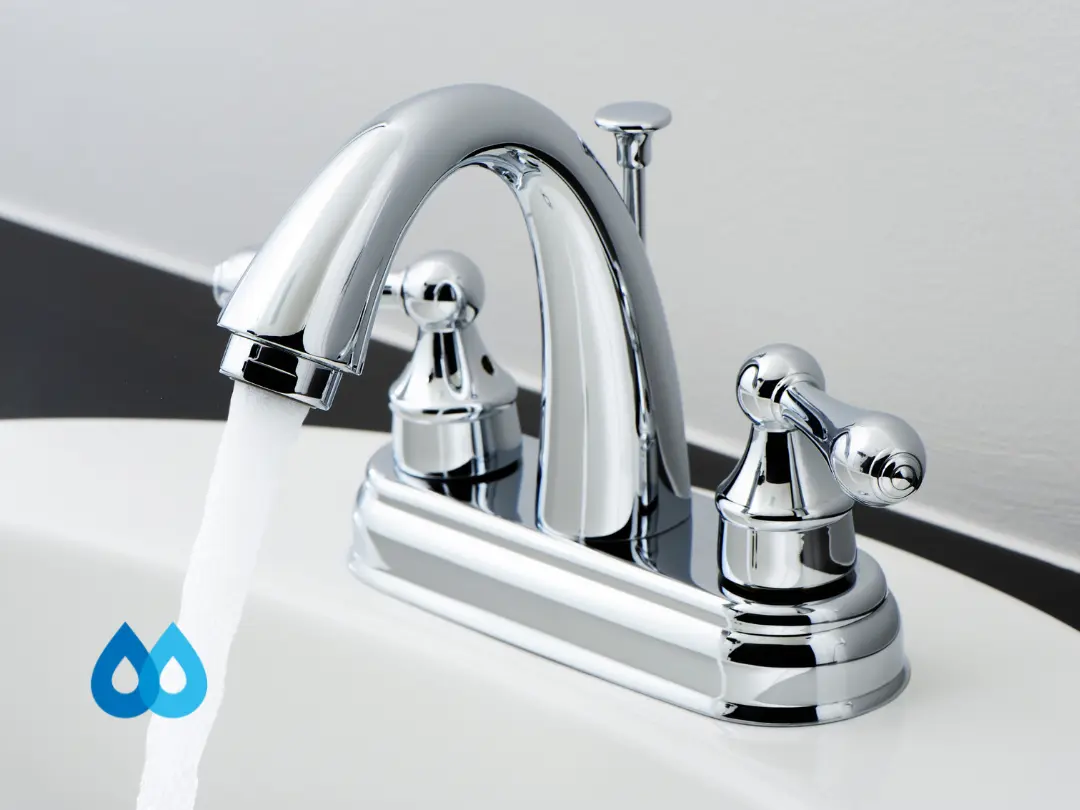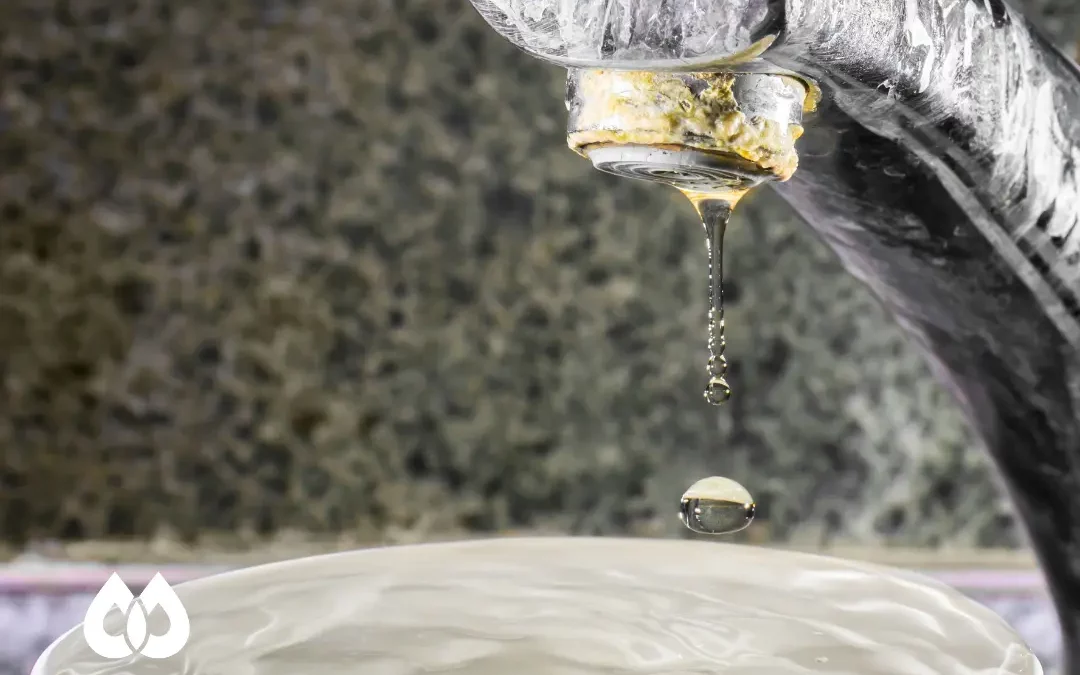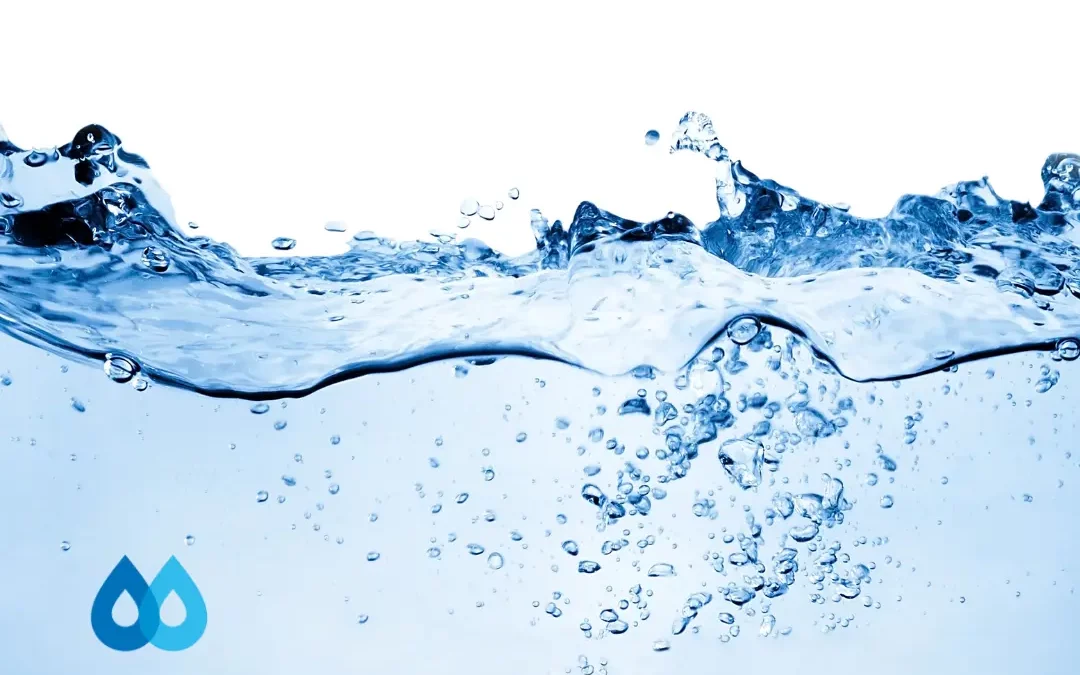If you’re interested in improving your water quality at home, but don’t know where to start, finding the right water filtration system is the first step to solving many of your household problems! But with so many options, like water softener or reverse osmosis (RO) filtration, which do YOU need?
Both systems provide distinct benefits with improved water quality, but each method of water treatment will work differently and bring its own advantages. Water softeners and RO systems have different costs and maintenance requirements, so finding a filtration system that is sustainable for your budget and lifestyle is important.
Why use a water filtration system?
There are several reasons to install a water filtration system in your home. Not only can a whole-house filtration system increase your home’s value, but it’s also an investment in your health, quality of life, and household efficiency.
Water filtration systems improve water quality by eliminating minerals, metals, and contaminants that could be impacting the taste and odor of drinking water and even causing damage to plumbing and appliances. The right water filtration system will help your household run more efficiently, saving you money on your water and energy bills and extending the life of your plumbing, fixtures, and appliances.
How does a reverse osmosis water filtration system work?
Reverse osmosis filtration uses a pressurized system to push water through a semipermeable membrane, removing even the smallest particles like dissolved minerals, bacteria, viruses, metals, chemicals, and other contaminants. Reverse osmosis is a highly advanced technology and is one of the most effective ways to produce safe and clean drinking water.
How do water softeners work?
Water softeners focus on getting rid of dissolved minerals in the water such as calcium, magnesium, and iron using a process called ion exchange. In ion exchange, the excess minerals are replaced with sodium or potassium ions, resulting in softer water. Softer water not only tastes better, but it goes farther, too! Without the high mineral content, soft water requires less rinsing and leaves less buildup in your plumbing and appliances.
Exploring the benefits of water softeners and RO systems
Benefits of a reverse osmosis system:
- Effectively removes contaminants like minerals, bacteria, VOCs, chemicals, and metals.
- Can be used for a whole-house filtration system or a variety of commercial uses.
Benefits of a water softener:
- Removes those minerals that cause water hardness, extending the life of plumbing and appliances.
- May improve hair and skin conditions.
- Reduced mineral deposits can save on water bills.
Cost and maintenance guide for water softeners and reverse osmosis systems
Reverse osmosis cost and maintenance:
- Installation costs: Point-of-use RO systems can cost as low as $300, while a whole-house RO filter costs about $2,200 on average.
- Maintenance requirements: Regularly change filters and flush systems.
Water softener cost and maintenance:
- Installation costs: Generic water softener systems generally cost between $1,500 and $5,000, while a professionally installed water softener can cost up to $7,000.
- Maintenance requirements: Regularly refill salt, clean brine tank. Descale system each year.
How to choose the best water filtration system for you
Consider your biggest concerns when it comes to water quality. Are you fed up with the limescale buildup on your fixtures? Or are you more concerned with local water contamination?
Reverse osmosis: The best choice for comprehensive water filtration and purification. RO filtration systems remove even the smallest impurities — think minerals, VOCs, and organic molecules.
Water softener: Ideal for homes with hard water and individuals with skin conditions. Water softening systems remove dissolved minerals from the water that contribute to mineral residue and limescale buildup.
Consider the benefits of installing both water filtration systems
Depending on your home’s water quality, you may benefit from installing a water softener and RO filter. Water softeners remove calcium and magnesium and prevent the reverse osmosis membranes from clogging. By working together, these systems encourage optimal performance while extending the life of the other system.
For the best possible water quality, we recommend installing both a reverse osmosis system and a water softener. The combination addresses a wider range of impurities and provides the most comprehensive clean water solution.
Discover the best water treatment for your home with RWI Base Water
Choosing between a water softener and a reverse osmosis filtration system can be a big decision, but we’re here to help! Discover the best water treatment for your home with RWI Base Water. Your clean water solution will depend on your water quality concerns and lifestyle preferences. Many will combine the power of both systems to experience maximized benefits! Contact us today to explore our range of water softening and RO filtration systems.




